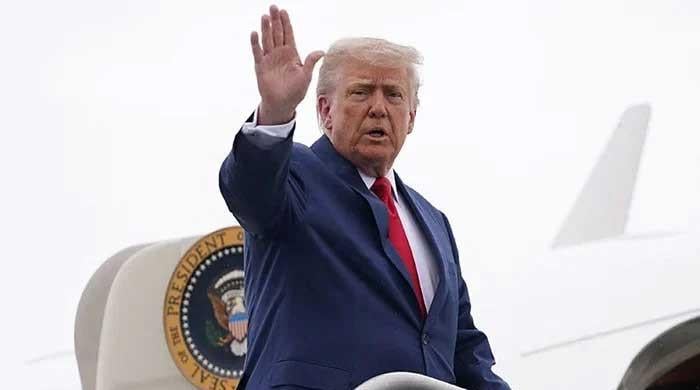Strategic Dealmaking Becomes Trump’s Economic Weapon Ahead of Midterms
With the 2026 midterm elections fast approaching, President Donald Trump is intensifying a wave of strategic deals across key industries—pharmaceuticals, artificial intelligence, energy, and mining. The administration’s goal is clear: deliver economic wins that resonate with voters while reshaping America’s industrial backbone.
Pharmaceutical companies are under mounting pressure. Eli Lilly has been urged to ramp up insulin production, Pfizer is being pushed to expand output of its cancer drug Ibrance and cholesterol medication Lipitor, and AstraZeneca is being courted to relocate its headquarters to the United States. In exchange, the White House is offering incentives like tariff relief and equity stakes, aiming to bring manufacturing back to American soil and reduce reliance on foreign supply chains.
The administration’s ambitions stretch far beyond healthcare. Up to 30 industries have been identified as critical to national security, including semiconductors, quantum computing, shipbuilding, battery production, and freight logistics. A recent deal with MP Materials, a rare earth mining firm, saw the Pentagon secure a 15% stake using Cold War-era legislation. Apple followed with a $500 million commitment to purchase recycled magnets, setting a precedent for future deals.
To fund this industrial push, the Trump administration is leveraging the International Development Finance Corporation. Originally designed to support overseas projects, the agency is now being repurposed with a proposed $250 billion budget. A new equity fund will target infrastructure, energy, and critical minerals. Japan’s $550 billion trade agreement contribution will help launch the U.S. Investment Accelerator, led by Commerce Secretary Howard Lutnick, replacing earlier plans for a sovereign wealth fund.
Trump’s dealmaking team includes seasoned Wall Street veterans. Lutnick, a former bond trader, has overseen major deals like the government’s stake in Intel and the golden share in Nippon Steel’s acquisition of U.S. Steel. He’s joined by tech banker Michael Grimes and M&A lawyer David Shapiro, both tasked with structuring high-stakes agreements. J.P. Morgan has mobilized a task force to manage the surge in corporate interest following the MP Materials deal, signaling a growing alignment between private capital and federal policy.
The overarching strategy is to strengthen domestic supply chains, reduce dependence on China, and restore U.S. manufacturing. Deals are timed for maximum political impact, often announced directly from the White House. While critics argue this approach challenges free-market principles, Trump’s team sees equity stakes as pragmatic tools to de-risk strategic sectors and ensure taxpayer value.
Some companies are eager to align with federal priorities, while others remain cautious, wary of potential policy reversals under future administrations. Yet with the midterms looming, Trump’s economic playbook is unmistakable: use federal power to secure industrial wins and redefine America’s global competitiveness.



Comments (0)
No comments yet. Be the first to comment!
Leave a Comment